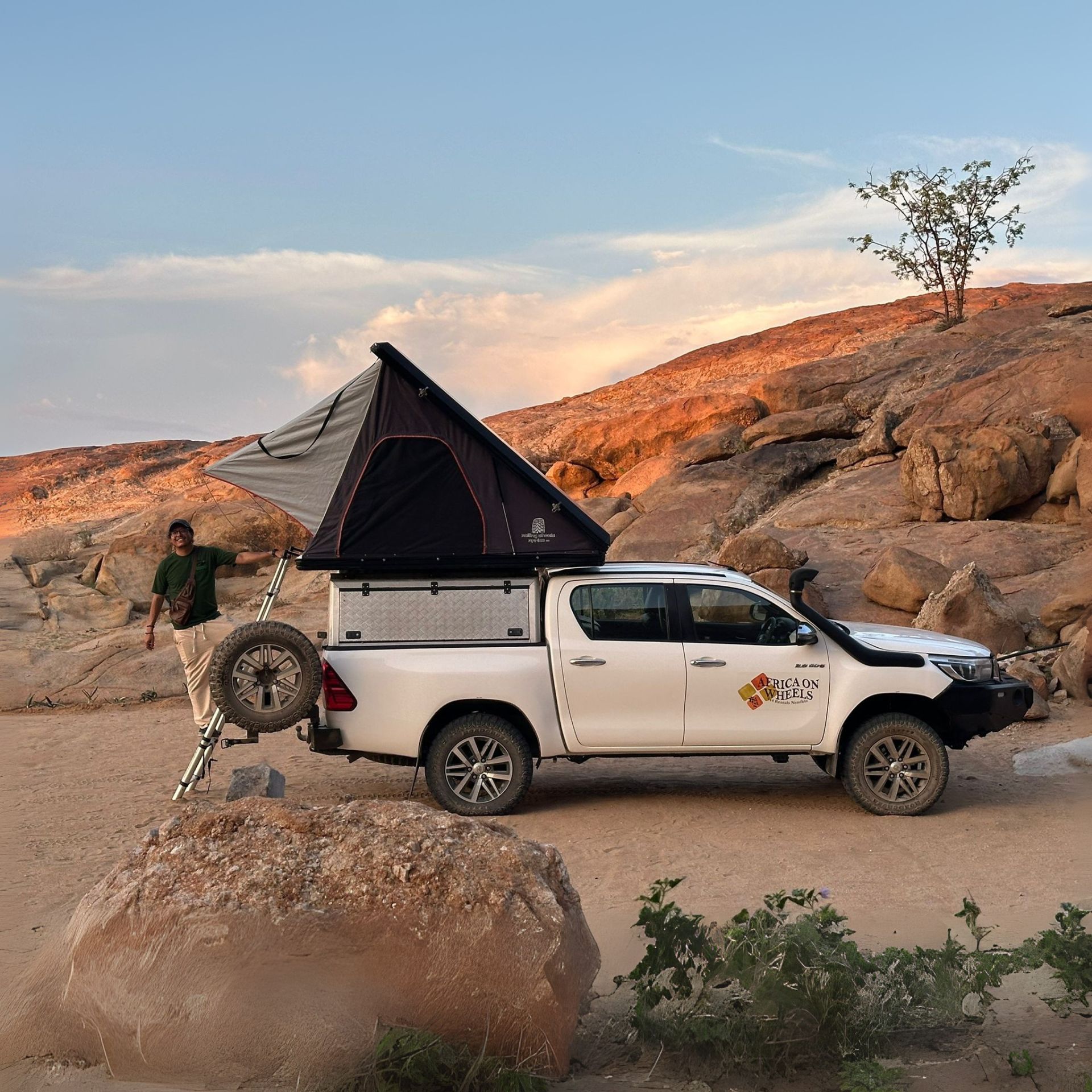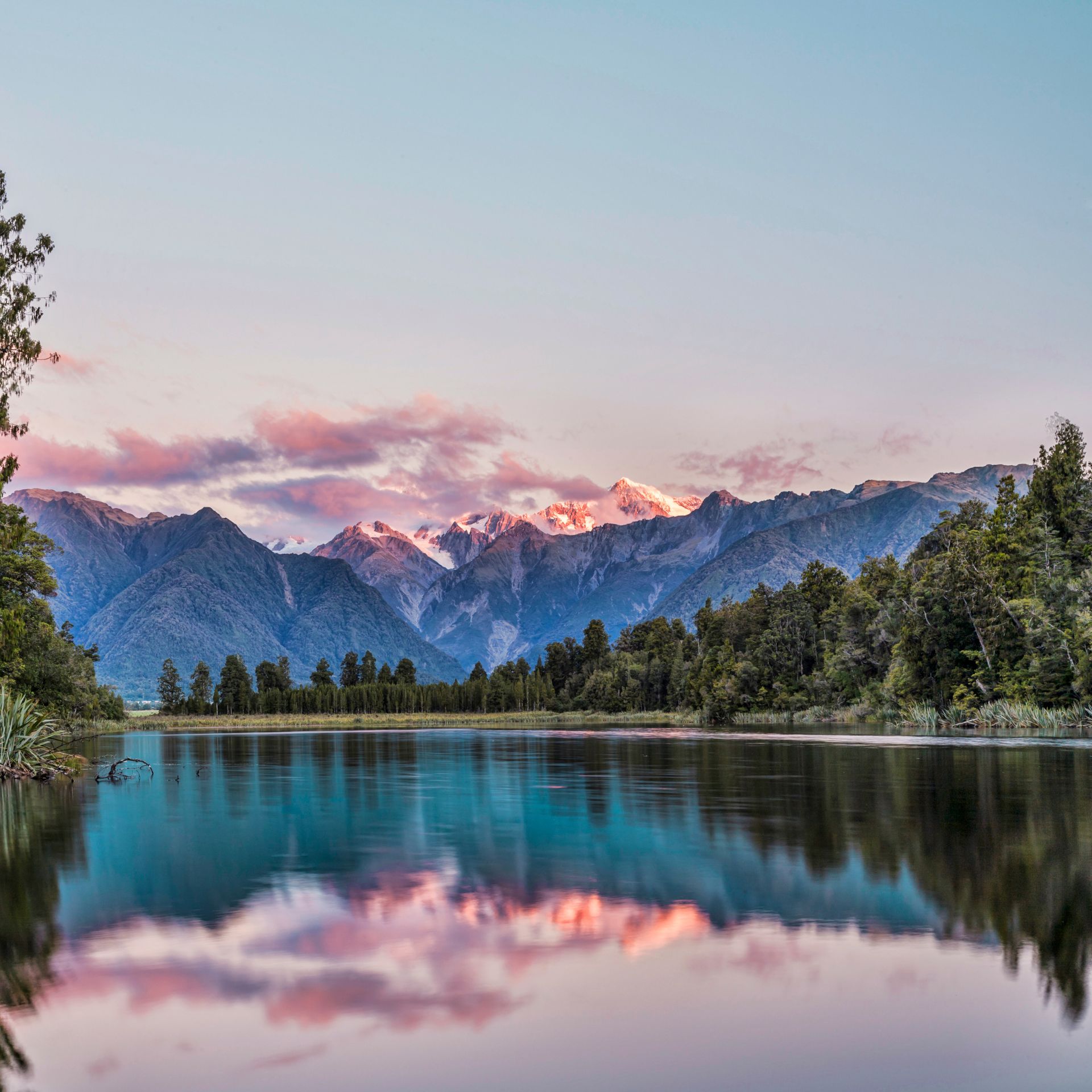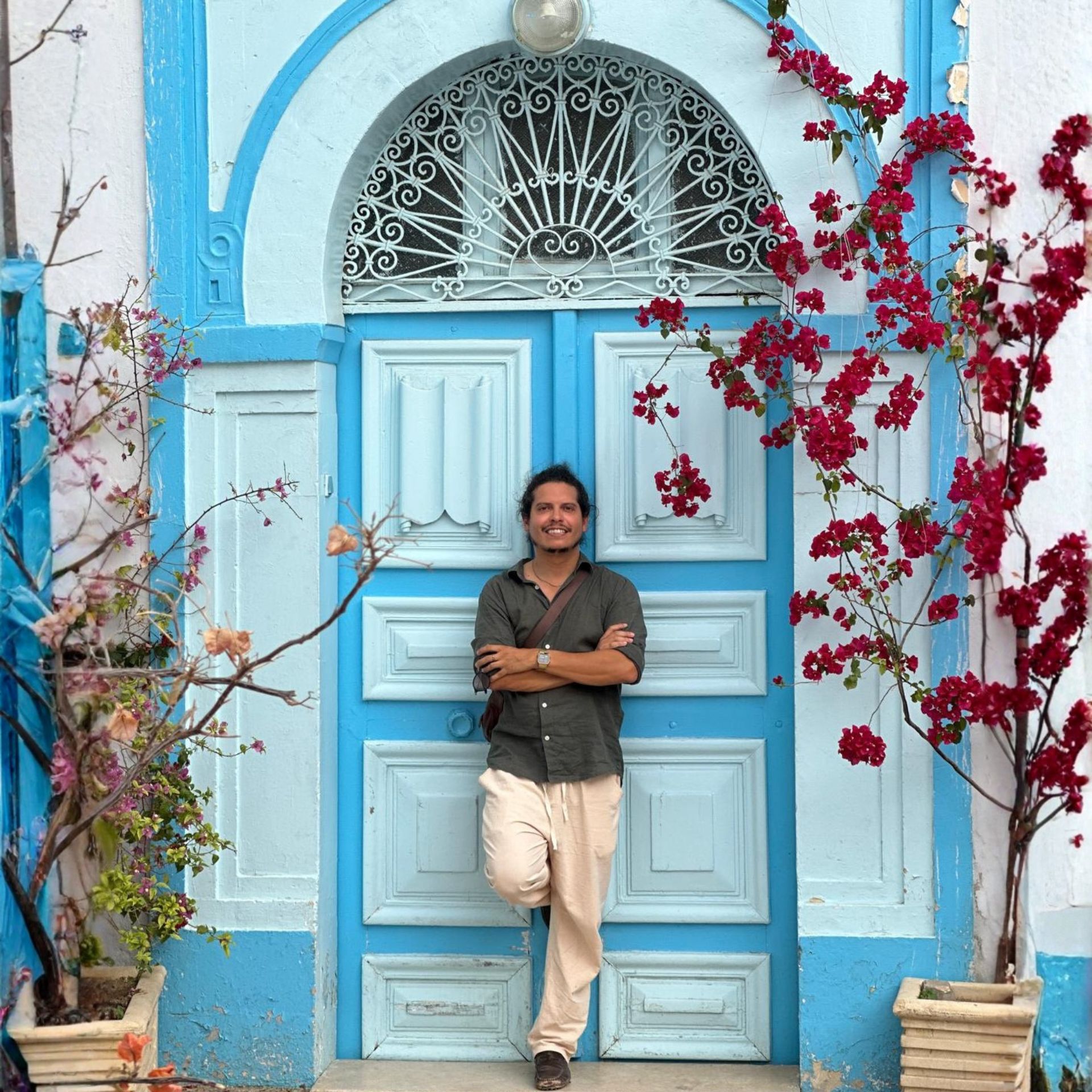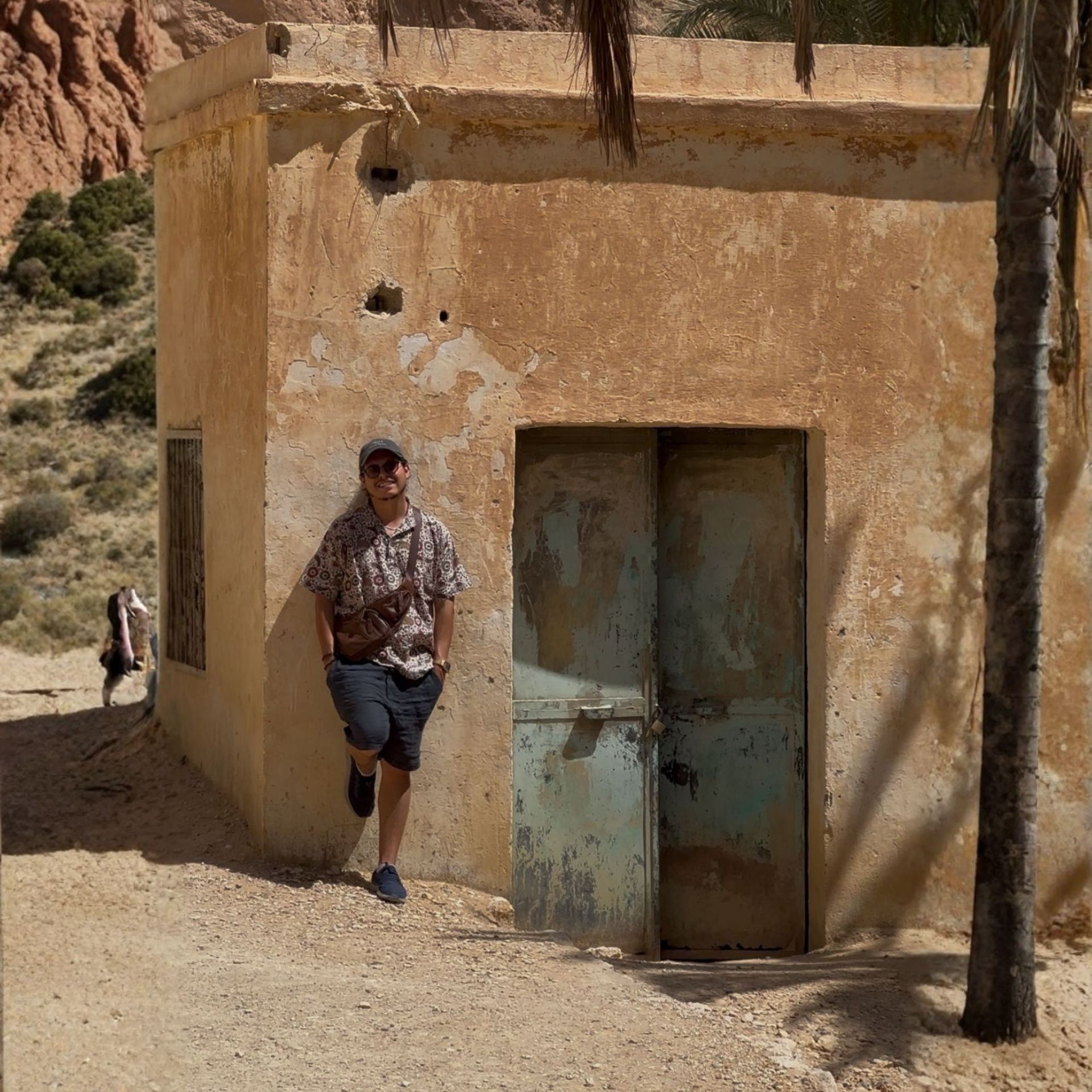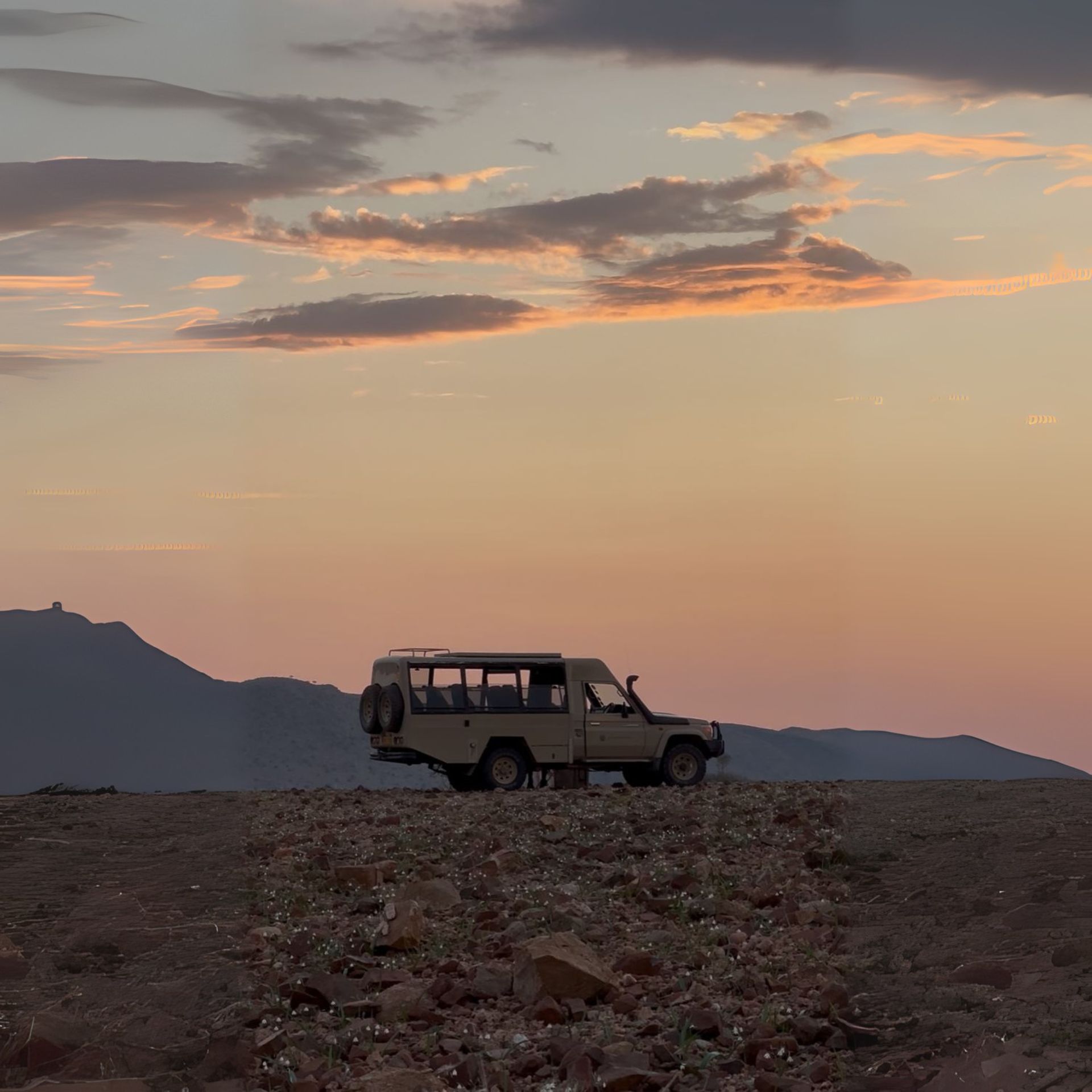Being one of the less traveled capitals in the world, Niamey surprises with bustling markets, scenic river cruises, captivating cultural sites, and West African beats.
When I booked my flight tickets to Niamey in Niger, I wasn’t sure what to expect. Niger has one of the worst reputations when it comes to safety, and I didn’t want to spend my days locked in a hotel, only venturing out with security or in private vehicles.
It’s true that Niger is considered a dangerous country, and leaving the city without proper planning or additional support can be a life-threatening decision. However, when it comes to Niamey, everything changes. Niamey has recently transformed into a cultural hub nestled along the banks of the Niger River, offering a safe and exciting environment day and night. It is a capital city that boasts a rich culinary scene with delights from all over West Africa (and Lebanon), and it is filled with history, vibrant markets, and cultural events.
After spending some time in Niamey, I can happily say that the city has something to offer for everyone curious.
Read more: How to plan an adventure road trip to West Africa
Read more: How to prepare yourself for traveling to a dangerous country
Read more: Best things to do in Hargeisa, Somalia
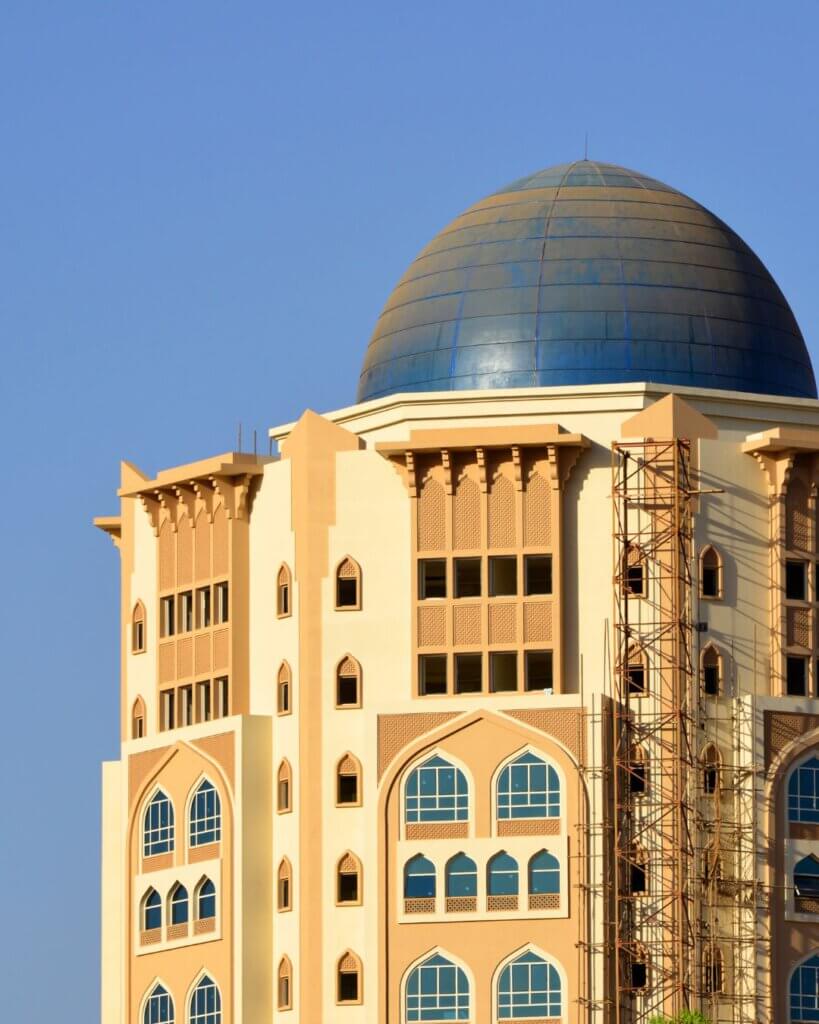
Understanding Niger and Niamey
Niger is undeniably a challenging country to travel to. Regular attacks and even kidnappings outside the main cities of Zinder, Agadez, and Niamey are unfortunately common. It is highly dangerous to venture outside the cities without thorough planning and reliable information from trusted locals.
When I was planning my trip to Niger, I was well aware of this situation and had to carefully consider how I would explore the countryside after leaving the capital. Moreover, due to the limited information available about the country, I had uncertainties about what to expect in Niamey. Would it be safe to walk alone at night? Would I need to rely on taxis everywhere I go? Could staying in an Airbnb pose any risks?
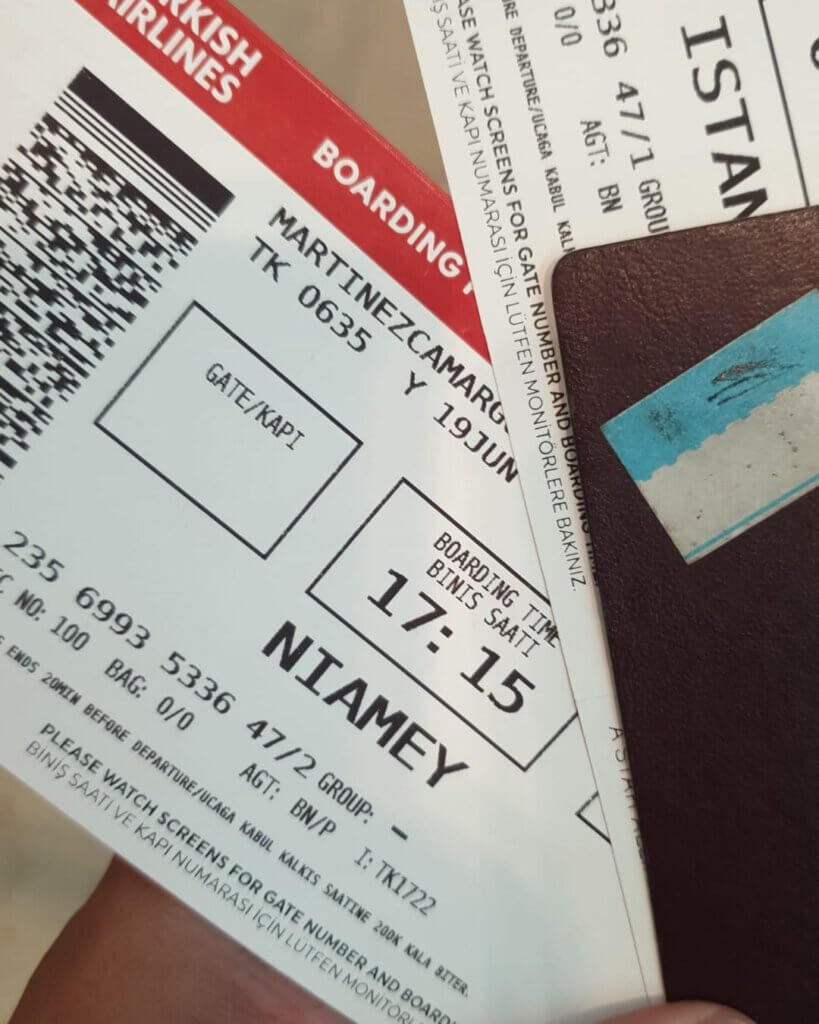
It felt like traveling somewhat blindly. Fortunately, Niamey surpassed my expectations. Like most West African cities, it is filled with friendly and helpful people who are eager to showcase the positive aspects of their country. Niamey’s relaxed atmosphere, warm hospitality, and blend of modernity and tradition create a unique ambiance. It stands out as one of the best cities in Africa for discovering alternative music and offers ample opportunities to engage with amiable locals and embrace the rich cultural tapestry that defines Niamey.
During my 6-day stay in Niamey, I experienced numerous highlights. Based on my personal experience and recommendations from locals I met, here are the top things to do in Niamey.
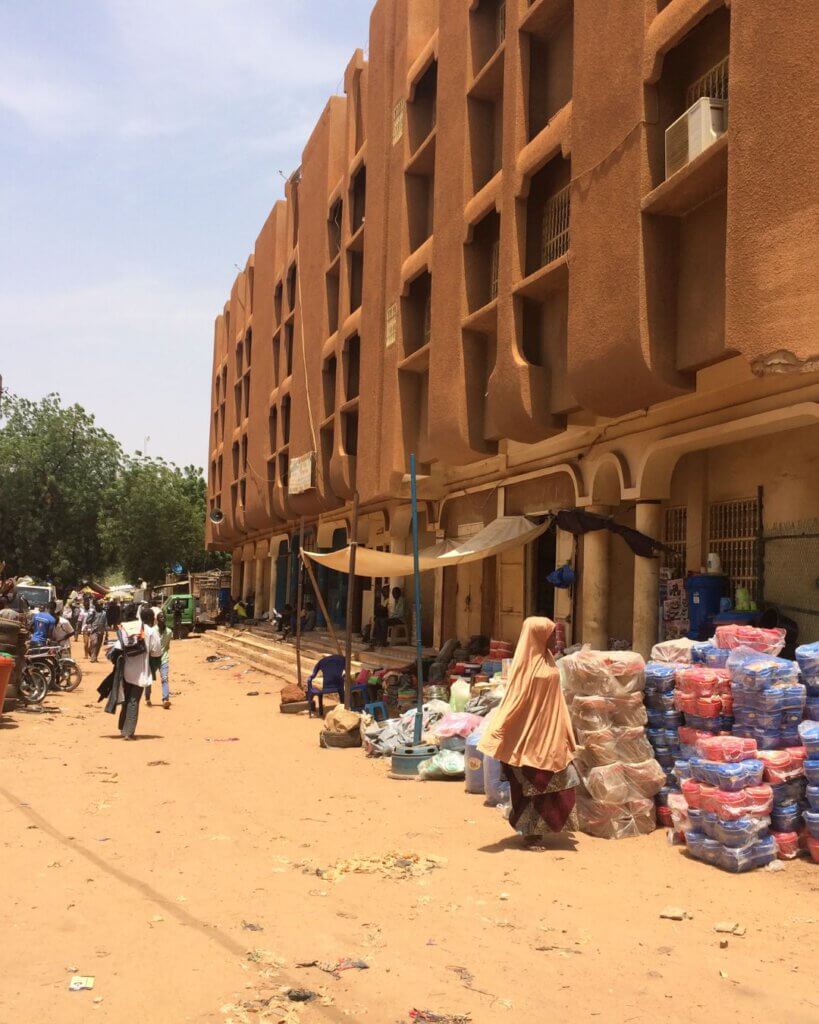
Get lost in the markets
Just like in any other West African city, a visit to Niamey would be incomplete without exploring its vibrant markets. These bustling hubs showcase the lively and colorful atmosphere of the city, where chaos seems to prevail but everything miraculously falls into place. Here are some must-visit markets in Niamey:
Grand Market (Grand Marché)
Located in the city center, this bustling market is a treasure trove of various goods. You’ll find stalls selling a wide array of items, including local West African fabrics, traditional clothing, spices, and fresh produce. Prepare yourself for immersing in the chaos of Niamey as you explore this market.
Artisan Market (Marché Artisanal):
If you’re looking to bring home unique souvenirs, the Artisan Market is the place to be. Here, you’ll find a plethora of crafted baskets, wooden carvings, pottery, and more. As this market attracts tourists, many vendors speak English, providing an opportunity to engage with local artisans and gain a deeper understanding of Niamey.
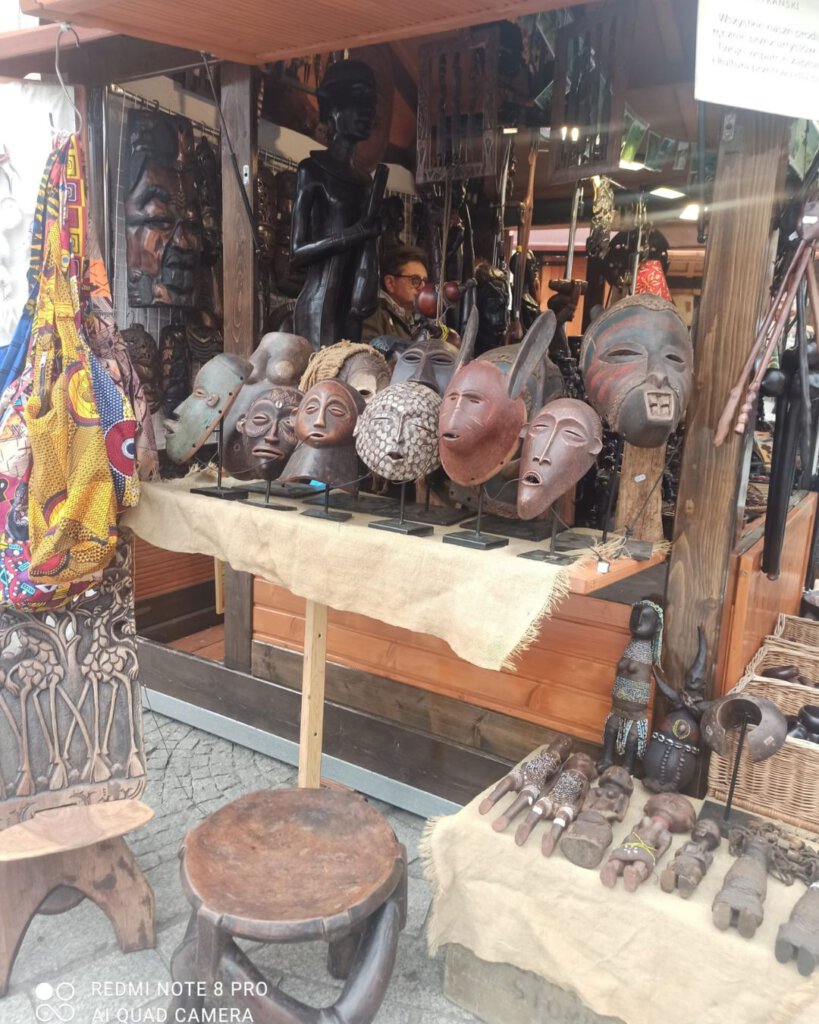
Wadata and Goudel Market:
Wadata Market, located in the Wadata neighborhood, offers a vibrant mix of textiles, spices, and household items. It’s an excellent place to experience the local shopping scene and get a glimpse of everyday life in Niamey. On the other hand, Goudel Market is quite similar but is preferred by locals seeking fresh fruits, vegetables, grains, and spices. Visiting both markets allows you to savor Niger’s culinary and shopping traditions.
NOTE: Like in 90% of Africa, it’s important to carry cash for transactions, as credit cards may not be widely accepted. Additionally, remember to engage in bargaining for the best prices and keep a close eye on your belongings in crowded areas.
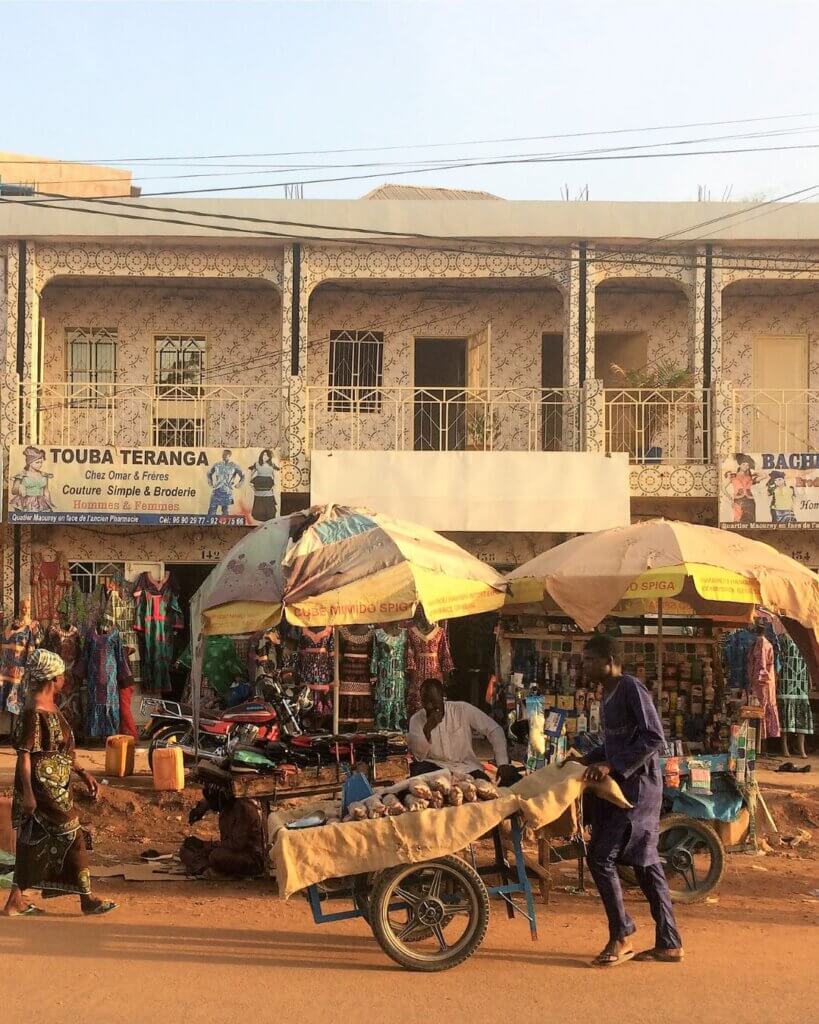
Take a river cruise
Exploring the Niger River through a relaxing river cruise is an essential experience in Niamey. This majestic river, running alongside the city, provides a tranquil escape from the hustle and bustle of urban life. Whether you opt for a traditional wooden pirogue or a modern boat, a river cruise offers a fresh perspective of Niamey and allows you to immerse yourself in the natural beauty of the surroundings.
During my river cruise, I found great joy in observing local fishermen and passing villages. However, for many travelers, the highlight of the river cruise is the opportunity to spot hippos residing in the Niger River. Keep your eyes peeled for these magnificent creatures as they munch on grass along the riverbanks or occasionally peek their eyes above the water’s surface, and you might even catch a glimpse of them opening their mouths.
While this might not be a standout experience if you’ve seen hippos before, for those exclusively traveling in West Africa, it could be a unique chance to encounter these animals along the way.
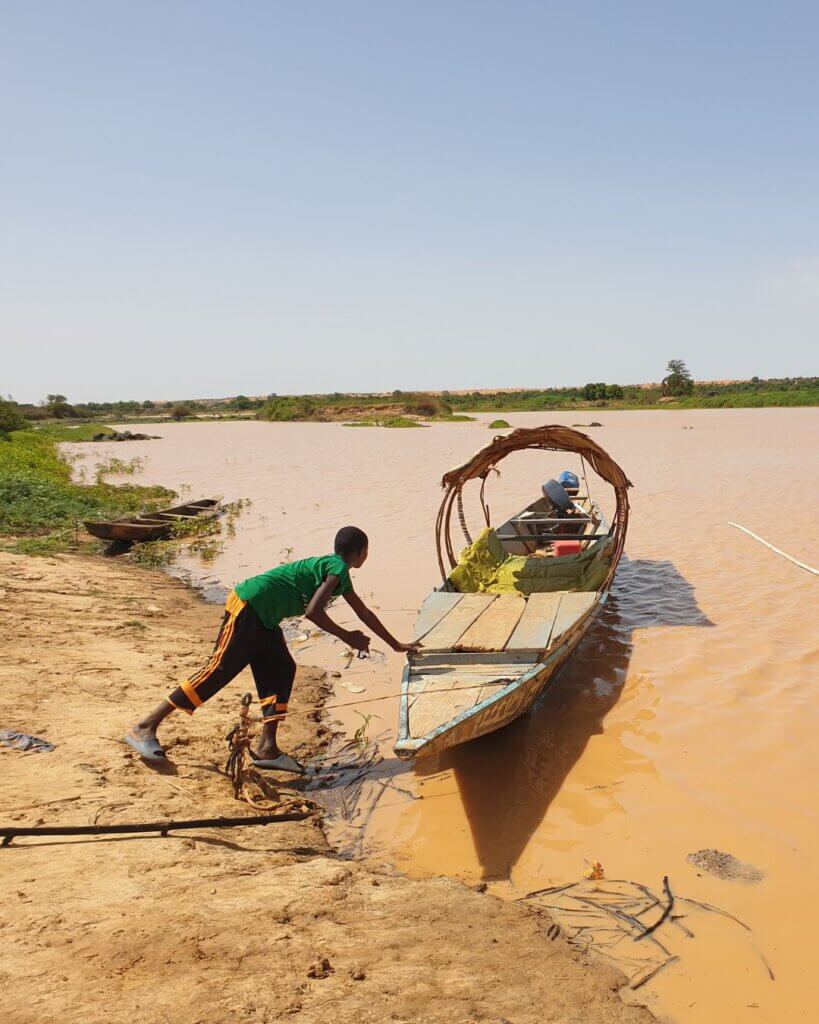
INSIDE INFO:
It’s important to note that finding a river cruise can be both expensive and challenging. The best option is to get in touch with tour operators and arrange a boat excursion. Prices typically start at $100 for a single person, and the duration of the river cruise is approximately half a day. I personally traveled with Cisse Abbel Aziz (+227 9735 4998), but you can also explore other companies offering tours in my comprehensive article about Niger.
Read more: How to plan a trip to Niger

Explore the city center independently
The most pleasant surprise I encountered in Niamey was the sense of safety while walking around independently. The city center of Niamey is relatively compact, making it convenient to navigate on foot. Most hotels and accommodations are centrally located, allowing travelers to step out of their lodgings and easily explore the downtown area.
Some notable highlights in the city center include the Grand Mosque of Niamey, which is open to the public every day, the National Museum of Niger, and the main squares of Place de la Concentration and Place Toumo.
While Niamey is generally safe for nighttime walks (which I did on a couple of occasions), it’s important to exercise caution and avoid wandering into unfamiliar alleys once the sun sets. The city lacks adequate public lighting, resulting in pitch-dark streets that may be unfamiliar and potentially unsafe.
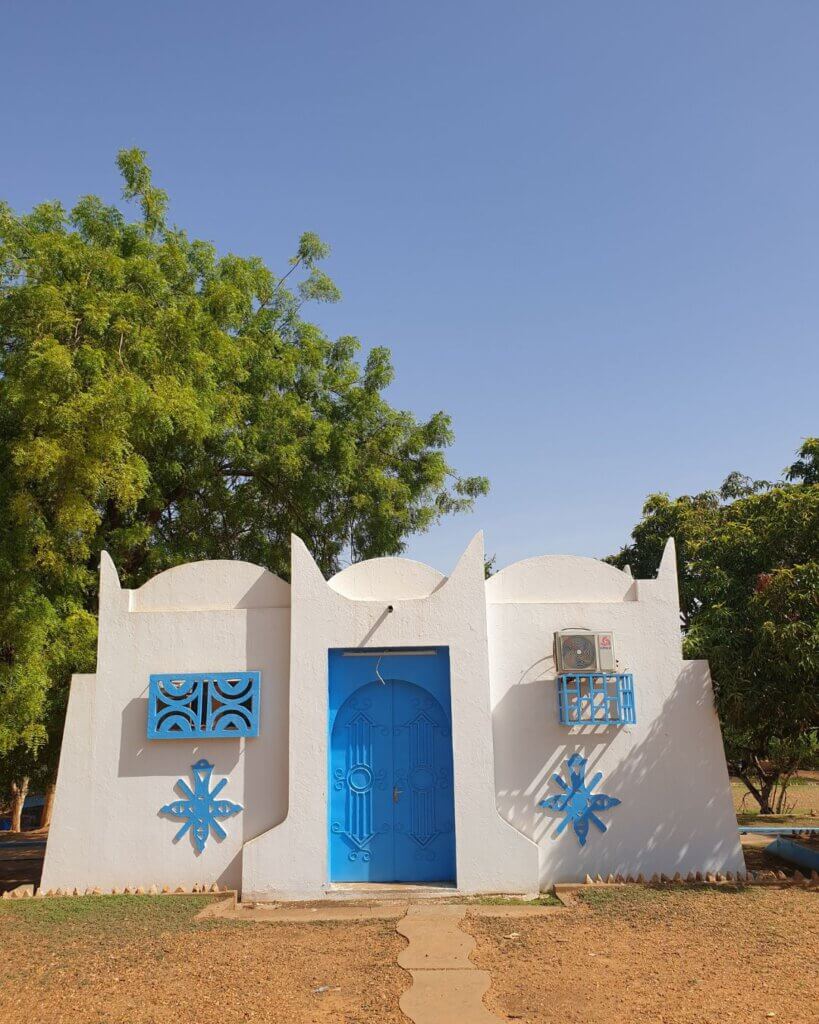
Taste what locals taste
Indulging in the local cuisine is a must-do in Niamey. As a former French colony, the city’s culinary scene is heavily influenced by French cuisine, with bakeries offering cappuccinos, baguettes, and various styles of eggs. Local traditions also play a significant role, and you’ll find traditional dishes like dambou (millet couscous) and fari masa (bean cakes) available at almost every corner.
Niamey is also home to a diverse West African population, including Senegalese, Ghanaian, and Burkinabe communities, resulting in a variety of restaurants throughout the city. Additionally, the city boasts one of the largest Lebanese populations in West Africa, and their influence can be seen in many upscale establishments and restaurants.
According to locals, some of the best restaurants in Niamey include:
- Maquis Africa Queen
- La Diamangou
- Le Watta
It’s worth noting that when searching for the best restaurants on Google, the top results often feature establishments in 5-star hotels with international cuisine. While these restaurants may be excellent, it’s important to consider that most West Africans rely on word-of-mouth recommendations rather than internet reviews when determining the best dining spots in the city.
Read more: Best things to do in Ouagadougou, Burkina Faso
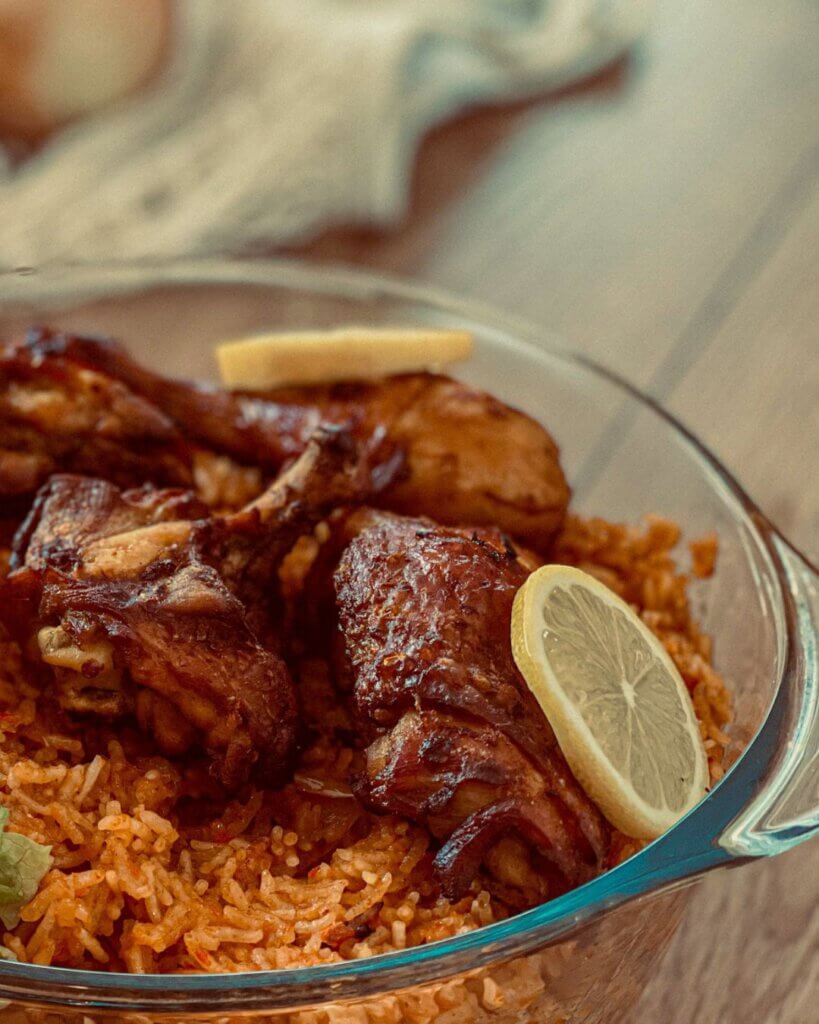
Go for drinks and live music
Niger is renowned for its vibrant music scene, and Niamey serves as the epicenter of this cultural phenomenon. The city’s musical heritage encompasses a fusion of traditional West African rhythms and modern influences, resulting in a captivating blend of sounds that mesmerizes both locals and visitors. From traditional folk music to contemporary genres like Tuareg rock and Afrobeat, Nigerien music offers a captivating exploration of the country’s cultural identity. In Niamey, music festivals, live performances, and energetic street performances are common, providing ample opportunities to immerse oneself in the city’s musical vibes.
When it comes to enjoying drinks and live music in Niamey, there are more options than one might expect. Popular establishments such as Le Sahel and Le Must Club regularly host live performances featuring talented local musicians and bands, creating an electric atmosphere for music enthusiasts.
For those seeking a more laid-back experience, La Taverne du Château offers a cozy setting with live acoustic performances, fostering an intimate ambiance for music lovers. Additionally, La Pyramide provides a spacious outdoor terrace and a diverse range of music genres, making it an ideal spot to unwind, socialize, and bask in the rhythmic tunes that fill the night air of Niamey.
Read more: Best things to do in Bujumbura

To connect with other travelers and expatriates residing in Niamey, Cap Banga is the go-to destination for sunset gatherings. Additionally, the Franco-Nigérien Cultural Center regularly hosts music presentations and maintains an open bar, providing a platform for cultural exchange and musical exploration.
It’s important to note that Niger is one of the most conservative countries in West Africa. Therefore, the party atmosphere in Niamey may not match the vibrant scenes found in Senegal, Ivory Coast, or Ghana. The vibes in Niamey are more relaxed, with fewer instances of dancing and a greater emphasis on conversations and socializing.
Read more: Best things to do in Nouakchott, Mauritania
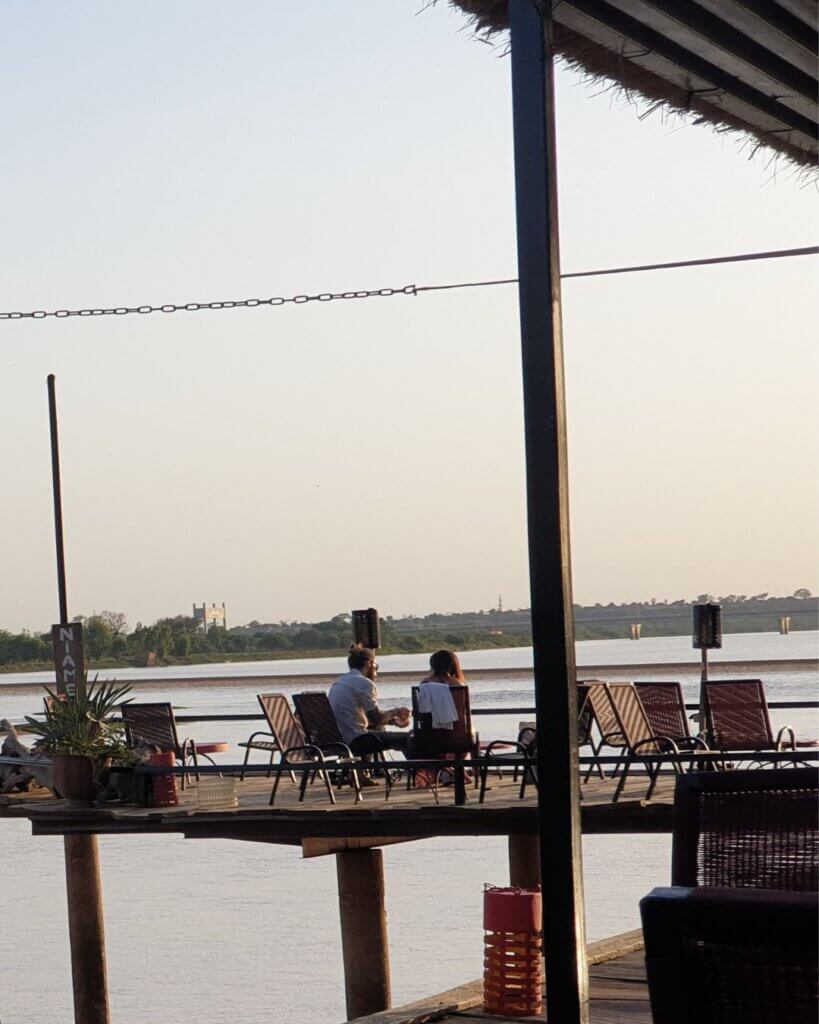
Niamey in a nutshell
- Buying a SIM card in Niamey is very easy. You can purchase them at any booth that offers credit for a couple of USD, and you can buy data at a very affordable price. This option is much better and cheaper than purchasing an e-sim and buying credit for Niger.
- Unfortunately, the car-hailing app service has not fully arrived in Niamey. During my stay in the country, I had to arrange transportation in advance or hail a taxi on the streets. However, since I stayed in the city center, I mostly walked everywhere.
- Hotels in Niamey are extremely expensive. As a result, I decided to stay in a 20 USD Airbnb, and it turned out to be the best decision I made. The facilities were great, and I was able to save up to 80% of the price of a basic hotel room. Additionally, my Airbnb host provided excellent support in organizing things.
- Most banks accept rather VISA than MasterCard. Having a VISA card on hand will make your trip more convenient. I had to visit 3-4 ATM machines before finding one that accept MasterCard. EcoBank is one of the few banks in West Africa that always accepts MasterCard.
- For those considering bringing a drone to Niamey, I had no trouble bringing one into Niger, Burkina Faso and Mali.
Read more: Best things to do in Hargheisa
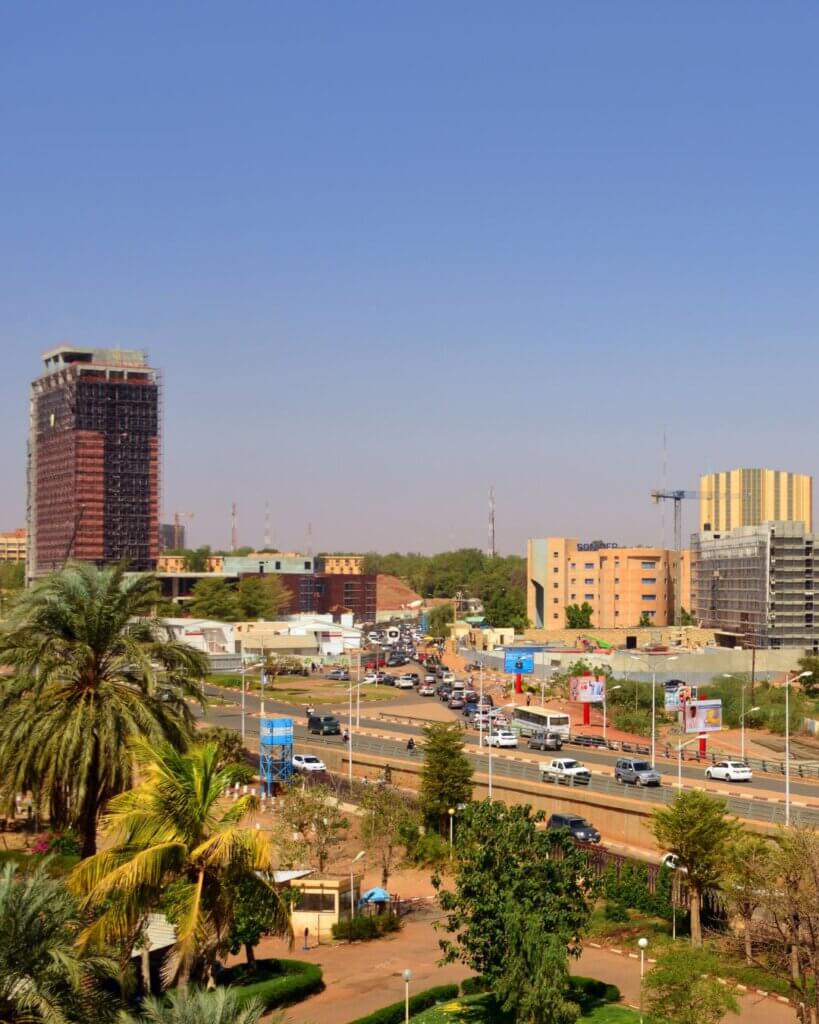
Where to go next?
Are you planning to stay longer in Niger? Check out which tours Viator is offering. They have not only the best quality of service worldwide, but they also offer the most secure payment methods, as well as organization service.
Additionally, by booking a tour with Viator, you will be supporting the blog and helping me generate more great content.

